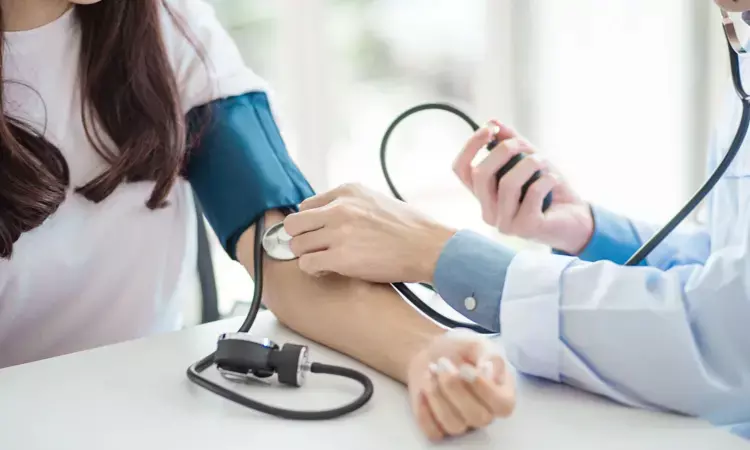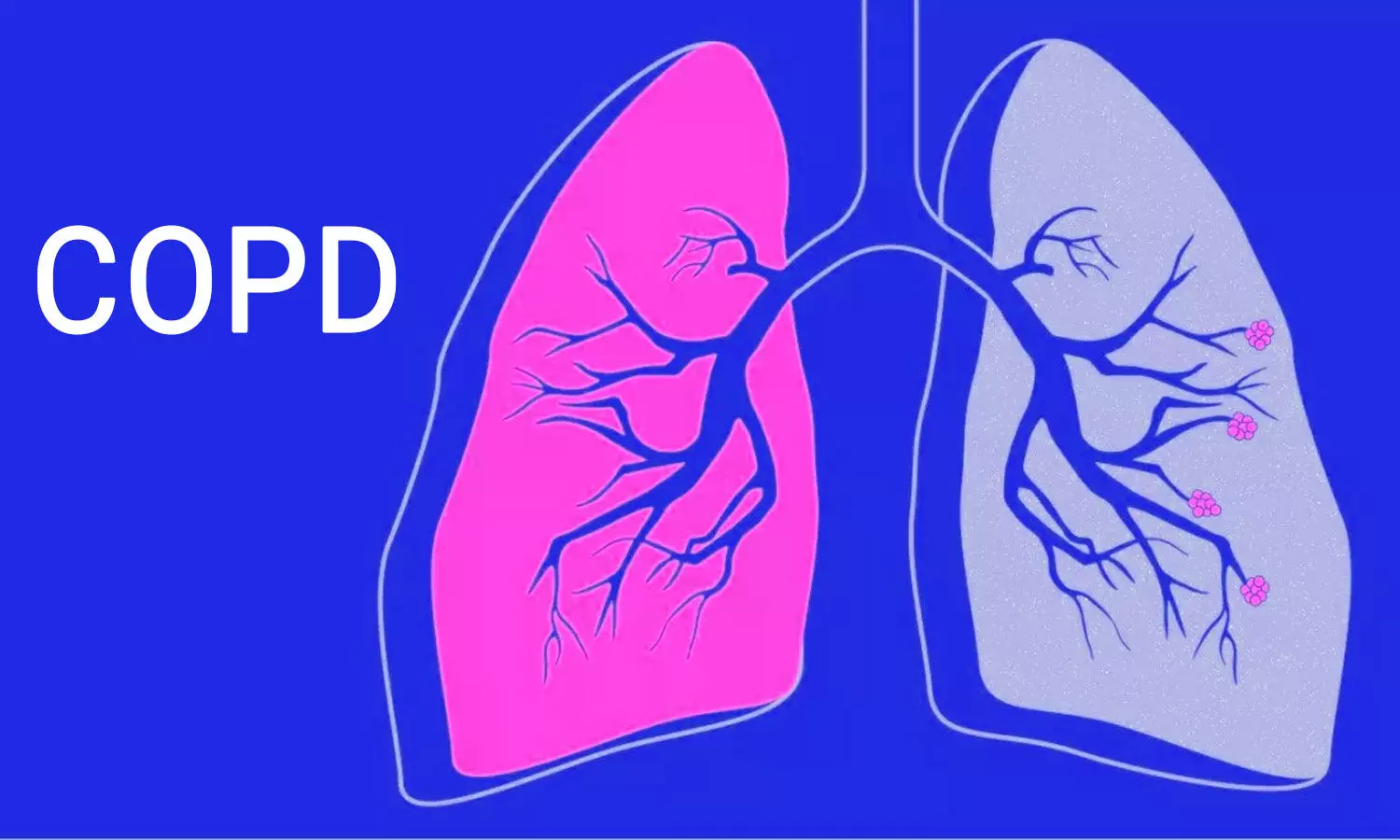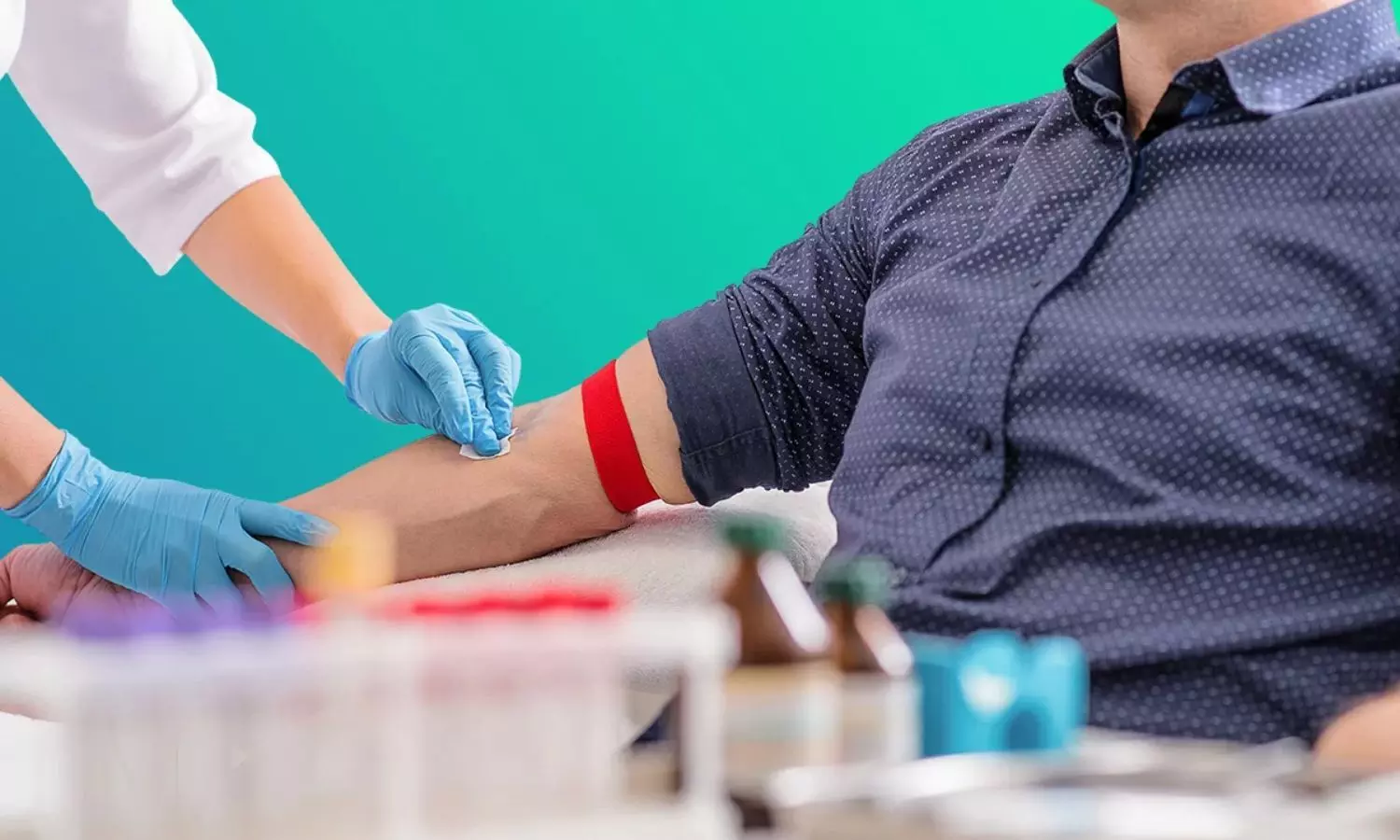- Home
- Medical news & Guidelines
- Anesthesiology
- Cardiology and CTVS
- Critical Care
- Dentistry
- Dermatology
- Diabetes and Endocrinology
- ENT
- Gastroenterology
- Medicine
- Nephrology
- Neurology
- Obstretics-Gynaecology
- Oncology
- Ophthalmology
- Orthopaedics
- Pediatrics-Neonatology
- Psychiatry
- Pulmonology
- Radiology
- Surgery
- Urology
- Laboratory Medicine
- Diet
- Nursing
- Paramedical
- Physiotherapy
- Health news
- Fact Check
- Bone Health Fact Check
- Brain Health Fact Check
- Cancer Related Fact Check
- Child Care Fact Check
- Dental and oral health fact check
- Diabetes and metabolic health fact check
- Diet and Nutrition Fact Check
- Eye and ENT Care Fact Check
- Fitness fact check
- Gut health fact check
- Heart health fact check
- Kidney health fact check
- Medical education fact check
- Men's health fact check
- Respiratory fact check
- Skin and hair care fact check
- Vaccine and Immunization fact check
- Women's health fact check
- AYUSH
- State News
- Andaman and Nicobar Islands
- Andhra Pradesh
- Arunachal Pradesh
- Assam
- Bihar
- Chandigarh
- Chattisgarh
- Dadra and Nagar Haveli
- Daman and Diu
- Delhi
- Goa
- Gujarat
- Haryana
- Himachal Pradesh
- Jammu & Kashmir
- Jharkhand
- Karnataka
- Kerala
- Ladakh
- Lakshadweep
- Madhya Pradesh
- Maharashtra
- Manipur
- Meghalaya
- Mizoram
- Nagaland
- Odisha
- Puducherry
- Punjab
- Rajasthan
- Sikkim
- Tamil Nadu
- Telangana
- Tripura
- Uttar Pradesh
- Uttrakhand
- West Bengal
- Medical Education
- Industry
Salt restriction not effective intervention for lowering 24-hour BP variability in White population

Netherlands: A recent study revealed that salt restriction is not an effective strategy to lower blood pressure variability as Urinary sodium excretion and salt intake are not independently associated with 24‐hour BPV. The study results were published in the Journal of the American Heart Association.
Blood pressure variability (BPV) has been associated with cardiovascular disease and mortality. Studies in the past have shown that higher salt intake may cause arterial stiffness thus causing greater BPV. Research has shown inconsistent results on the association between urinary sodium excretion and salt intake on BPV. Hence Tan Lai Zhou et al from the Netherlands have conducted a study in the observational population‐based Maastricht Study and a randomized crossover trial with low‐ and high‐salt diets, whether higher 24‐hour urinary sodium excretion and increased salt intake are associated with greater 24‐hour BPV.
The study was carried out using data from the cross‐sectional population‐based Maastricht Study having 2652 participants aged 60±8 years (52% men) and from a randomized crossover trial having 40 participants aged 49±11 years (33% men). 24‐hour urinary sodium excretion and 24‐hour BPV were measured in the observational study. Linear regression analysis adjusted for age, sex, mean blood pressure, lifestyle, and cardiovascular risk factors was done. In the intervention study, participants adhered to a 7‐day low‐ and high‐salt diet (50 and 250 mmol NaCl/24 h) with a washout period of 14 days, 24‐hour BPV was measured during each diet. Linear mixed models adjusted for order of diet, mean blood pressure, and body mass index were used.
Key findings of the study:
- There was no association between the 24‐hour urinary sodium excretion and 24‐hour systolic or diastolic BPV in the observational study (β, per 1 g/24 h urinary sodium excretion: 0.05 mm Hg and 0.04 mm Hg, respectively).
- There was no statistically significant difference between the mean difference in 24‐hour systolic and diastolic BPV between the low‐ and high‐salt diet in the intervention trial (0.62 mm Hg and 0.04 mm Hg, respectively).
Thus, there was no association of urinary sodium excretion and salt intake with 24‐hour BPV independently.
Further reading: Zhou TL, Schütten MTJ, Kroon AA, et al. Urinary Sodium Excretion and Salt Intake Are Not Associated With Blood Pressure Variability in a White General Population. J Am Heart Assoc. 2023;12(1):e026578. doi:10.1161/JAHA.122.026578
BDS, MDS
Dr.Niharika Harsha B (BDS,MDS) completed her BDS from Govt Dental College, Hyderabad and MDS from Dr.NTR University of health sciences(Now Kaloji Rao University). She has 4 years of private dental practice and worked for 2 years as Consultant Oral Radiologist at a Dental Imaging Centre in Hyderabad. She worked as Research Assistant and scientific writer in the development of Oral Anti cancer screening device with her seniors. She has a deep intriguing wish in writing highly engaging, captivating and informative medical content for a wider audience. She can be contacted at editorial@medicaldialogues.in.
Dr Kamal Kant Kohli-MBBS, DTCD- a chest specialist with more than 30 years of practice and a flair for writing clinical articles, Dr Kamal Kant Kohli joined Medical Dialogues as a Chief Editor of Medical News. Besides writing articles, as an editor, he proofreads and verifies all the medical content published on Medical Dialogues including those coming from journals, studies,medical conferences,guidelines etc. Email: drkohli@medicaldialogues.in. Contact no. 011-43720751




